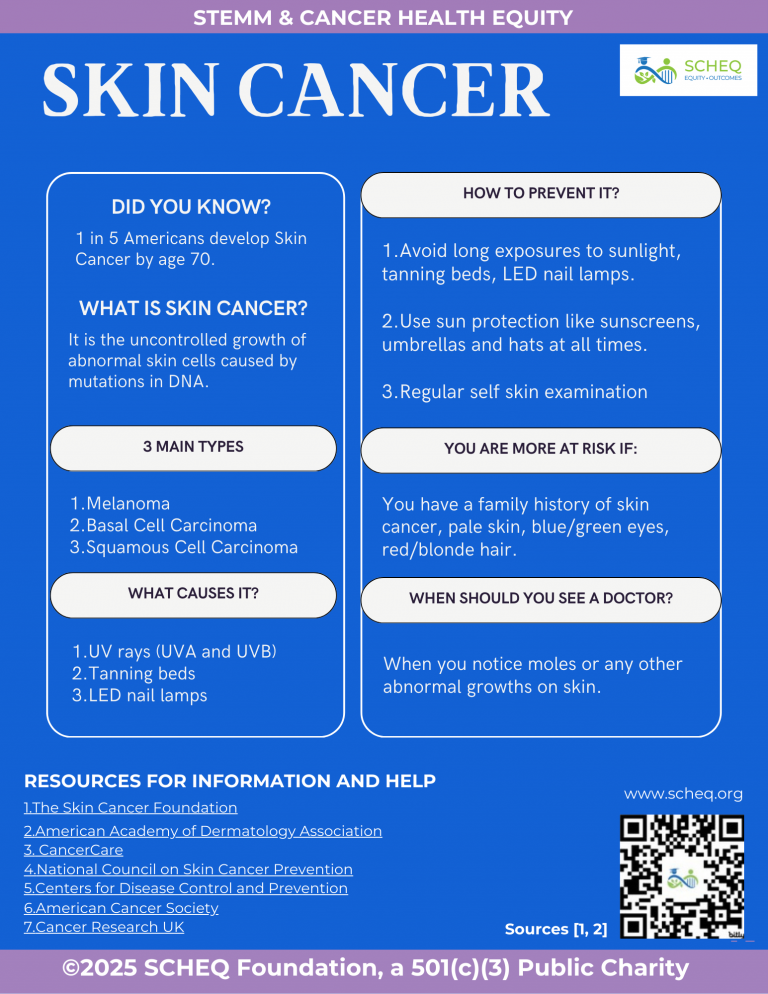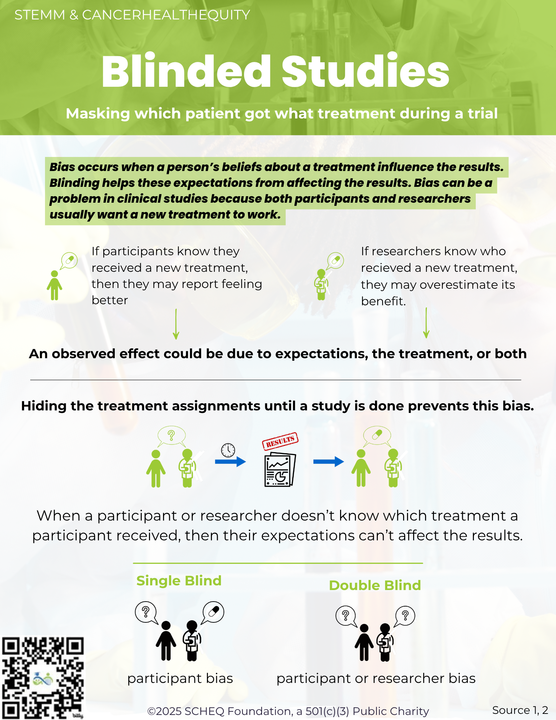Dr. Samuel Proctor Massie Jr. was an African American chemist who overcame many racial barriers in life and worked on the Manhattan Project. Originally from Little Rock, Arkansas, he was born (1919) to school teachers, and had one younger brother. He was gifted academically and graduated Dunbar High School at the age of 13. He wanted to be a chemist to try to find a cure for the asthma that affected his father. Originally, he applied to the University of Arkansas (UA) but was turned away because he was Black, and ended up attending Arkansas Agricultural, Mechanical, and Normal College (now the University of Arkansas at Pine Bluff). He obtained his BS (1937) graduating summa cum laude in Chemistry and a minor in Mathematics at Pine Bluff at age 18, MS (1940) in Chemistry at Fisk University, and PhD (1946) in Organic Chemistry from the University of Iowa.
In between his MS and PhD, he taught for one year at Arkansas AM&N. During his PhD, he hitchhiked to classes since accommodations for African Americans were 3 miles from campus, and he initially was given a separate lab space in the basement separate from everyone else until he proved himself. In 1943 he narrowly avoided the draft after returning to Arkansas for his father’s funeral. Upon attempting to renew his draft deferral, the draft board decided he had too much education for a Black man (they used a different term) and set to draft him for WWII. His professor, Dr. Henry Gilman, intervened and then recruited and assigned him to work on the Manhattan Project that helped develop the atomic bomb. His research revolved around converting uranium isotopes into usable liquid compounds. During his tenure he published 7 manuscripts.
After completing his PhD, he taught chemistry and became chair at Langston University (1947-1953) and Fisk (1953-1960), then took positions at the National Science Foundation (NSF) as Associate Program Director for Special Projects in Science Education and Howard University. In 1954 he published “The Chemistry of Phenothiazine” which led to the development of the anti-psychotic drug Thorazine. He also was President of North Carolina Central University (NCCU) (previously North Carolina College) before being appointed Professor of Chemistry at the U.S. Naval Academy by President Lyndon Johnson. Though he was a professor he had to live in Laurel, MD since real estate agents refused to show his family properties in Annapolis. Despite this issue, he continued on, and was appointed Chair of Chemistry, which he held from 1977-1981.
He accomplished many things and several firsts. He was awarded an honorary Doctor of Laws degree from UA in 1970. He lobbied for Langston to become the first Historically Black College (HBCU) to host the American Chemical Society (ACS) national meeting. He was elected to the Oklahoma Academy of Science in 1953. He was named one of the six best chemistry teachers in America by the Manufacturing Chemists’ Association (now American Chemistry Council) in 1961. He was the first Black professor at the Naval Academy. During his time at the Academy, he was on the academy’s employment opportunity committee; he helped establish a black studies program; and worked on foaming agents, ecology, drugs and anti-bacterial agents to treat diseases like cancer, malaria, and herpes. He was part of a team that received a patent for an antibiotic that was used to treat gonorrhea. While at the NSF he helped universities improve their labs and resources. The US Department of Energy (DOE) developed the Dr. Samuel P. Massie Chairs of Excellence in 1994, which allows African American students to conduct environmental research. He would be named one of the top 75 chemists of all time by Chemical and Engineering News (C&EN) in 1998. After a long career he retired in 1993, and passed away in 2005 at 85 years of age.
References:
- https://ahf.nuclearmuseum.org/ahf/profile/samuel-p-massie-jr/
- https://www.blackpast.org/african-american-history/massie-samuel-proctor-1919-2005/
- https://aaregistry.org/story/samuel-massie-a-genius-and-20th-century-chemist-and-teacher/
- https://encyclopediaofarkansas.net/entries/samuel-proctor-massie-jr-4443/
- https://www.energy.gov/articles/black-history-month-5-facts-about-dr-samuel-p-massie
- https://www.ameslab.gov/news/ames-laboratory-history-profile-samuel-p-massie



